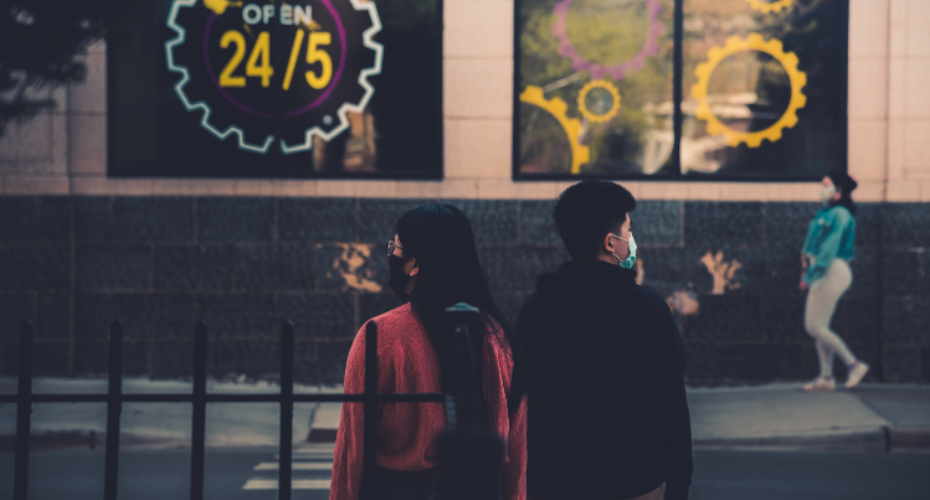Covid-19 and Shame: new book reveals the impact of ‘shame’ and ‘shaming’ during the pandemic

The liberal use of ‘shame’ during the coronavirus pandemic and the corrosive effect it had on British society is the focus of a new book set to be released this month.
Covid-19 and Shame: Political Emotions and Public Health in the UK is the first academic analysis of how and why the emotion came to be employed and experienced across numerous aspects of public health and political discourse.
From the online naming and shaming of people who did not take part in Clapping for Carers, to the origin of the term ‘Covidiots’ for those failed to demonstrate government-mandated ‘common sense’, the book explores the UK’s pandemic experience in 2020 through six case studies, each defined by shame and stigma.
Written by medical humanities scholars at the University of Exeter, the book is based on research gathered through two nationally funded projects: ‘Scenes of Shame and Stigma in COVID-19’, funded by the UKRI Arts and Humanities Research Council; and ‘Shame and Medicine’, funded by the Wellcome Trust.
“The uncomfortable conclusion that we draw in the book is that shame has come to define significant elements of the pandemic,” says Luna Dolezal, Associate Professor in Philosophy and Medical Humanities at the Wellcome Centre for Cultures and Environments of Health, and one of three co-authors on the book. “And rather than this emotion being experienced by everyone equally, it’s been directed at some of the most marginalised and vulnerable members of society. Indeed, there has been a wilful political decision to create shame or to allow it to spread, as a means of shifting focus away from bad governance.”
The book describes how unclear public health guidance and an emphasis on individual responsibility led to a culture of surveillance that began to seep into community relations as Britain went into lockdown during the spring of 2020, with well-publicised incidences of shaming and blaming surrounding people’s behaviour. Healthcare professionals and specific ethnic groups were also on the receiving end of public shaming, say the authors, because of fears around contamination.
The book reserves significant focus for the role of the government, such as its public health campaign on tackling obesity, its reliance on the nebulous ‘common sense’ approach, and the proposed mass public testing initiative, Operation Moonshot.
“The UK government’s emphasis on common sense held members of the public accountable for the pandemic in ways that encouraged deeply damaging patterns of judgement, shame and surveillance,” said Dr Fred Cooper, co-author. “Unable to provide an intrinsically useful or agreed-upon code for effective public health or good pandemic citizenship, appeals to common sense served a cynical political purpose. They eroded trust in scientific expertise, flattered people who like to think that they have it, and created a shamed out-group – comparable to, and overlapping with, the ‘covidiots’ – who were rendered responsible both for poor health outcomes and for any restrictions to everyday life the government might have reluctantly been forced to institute in the future.”
They add that Operation Moonshot was an attempt to save face, where increasingly hyperbolic claims were deployed to divert attention from the number of excess deaths in the country and the government’s poor handling of the pandemic.
“This book establishes the idea of ‘shame-sensitive public health’,” concludes Dr Arthur Rose, the third co-author. “Much of what we witnessed during the pandemic was not new, but reflected broader, underlying socio-political concerns. But by making explicit some of the negative consequences of shaming, stigmatisation and discrimination, we can begin to consider positive changes to public health policymaking for the future.”
Covid-19 and Shame: Political Emotions and Public Health in the UK is out with Bloomsbury on 9 February.
“The UK government’s emphasis on common sense held members of the public accountable for the pandemic in ways that encouraged deeply damaging patterns of judgement, shame and surveillance,”
Dr Fred Cooper.



